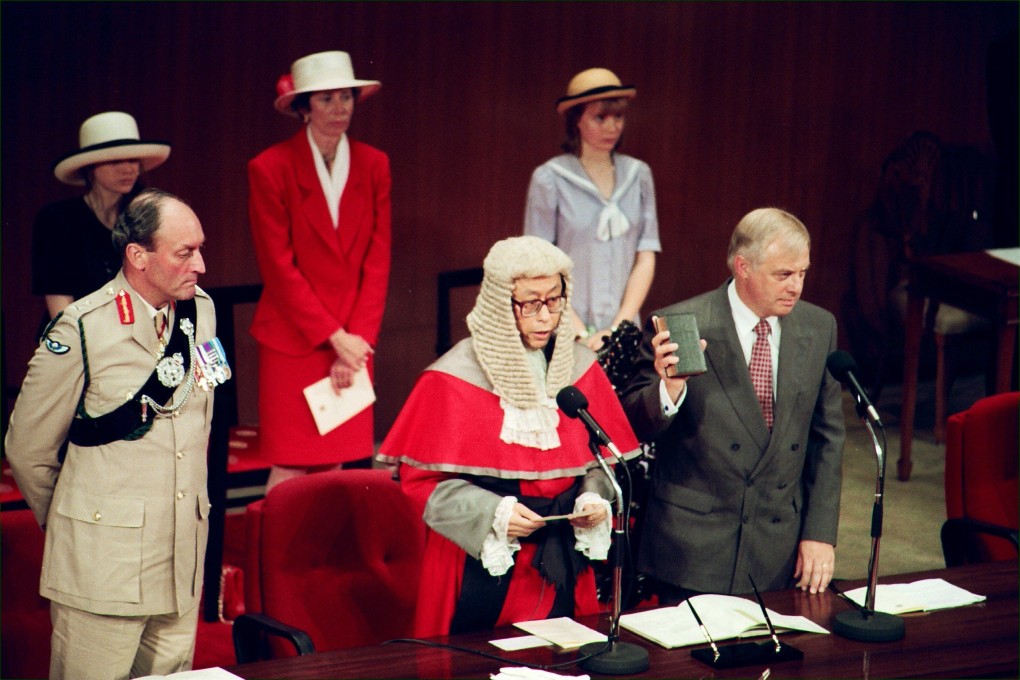Editorial | Ti-liang Yang leaves rich judicial legacy
- Hong Kong’s first ethnic-Chinese head of the judiciary heralded the ‘quiet management revolution’ and radical reforms that set the courts on the path to modernisation and greater efficiency

Hong Kong’s judiciary, despite the many challenges it faces, is rightly regarded as one of the city’s greatest assets. It is easy to forget that only a few years before Hong Kong’s return to China in 1997, it was seen as hopelessly outdated, inefficient, inaccessible and resistant to change. Ti-liang Yang, who died on Saturday at the age of 93, served as chief justice between 1988 and 1996. He was the first ethnic-Chinese head of the judiciary. In the latter years of his tenure, Yang oversaw radical reforms that set the courts on the path to modernisation and greater efficiency.
This “quiet management revolution”, beginning with the appointment of a top-level judiciary administrator, transformed the courts, changed the culture and led to significant improvements.
The much-needed reforms came as the judiciary prepared for the handover. Yang attracted more local lawyers to the bench, spearheaded the greater use of Cantonese in the courts, and worked on preparations for the new Court of Final Appeal.
His term as chief justice was the culmination of a career that began in 1956, when Yang, born in Shanghai and trained in London, became a magistrate. He worked his way up the ranks.
But his ambitions went beyond the law. Yang stepped down as top judge early and gave up his knighthood to stand for election as the city’s first chief executive. He won praise for a detailed manifesto and, at times during the campaign, topped the popularity charts.
Tung Chee-hwa won the election, but Yang was included in his cabinet, serving on the Executive Council from 1997 until 2002. He maintained an interest in public affairs in later life, calling for an end to protests in 2014 and expressing views on the national security law in 2020.
